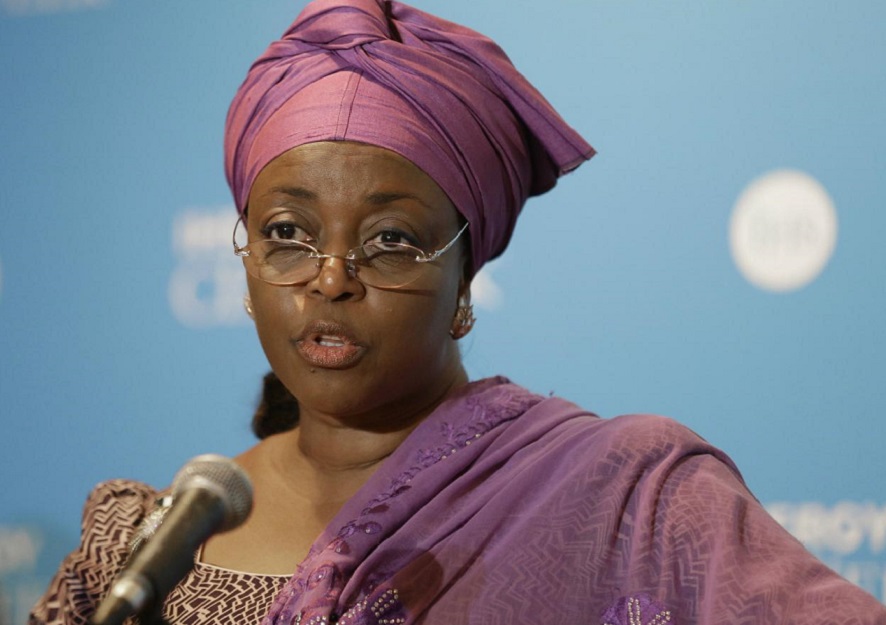Naira payment option will boost diaspora remittances – Financial experts

Some financial experts have said that the recent move by the Central Bank of Nigeria to allow naira payment option will boost diaspora remittances.
In a recent circular to all Deposit Money Banks, International Money Transfer Operators and the general public, the apex bank said Nigerians could receive naira for diaspora remittances.
The option was in addition to getting remittances in dollar and e-naira.
The circular stated, “Further to the circular referenced TED/FEM/FPC/GEN/01/011 dated November 30, 2020, in respect of the above subject, the Central Bank of Nigeria hereby announces Naira as a payout option for receipts of proceeds of International Money Transfers.
“Accordingly, all recipients of diaspora remittances through the CBN-approved IMTOs on the attached list shall henceforth have the option of receiving naira payment in addition to USD and e-Naira as payout options.”
The CBN listed about 62 licensed IMTOs as of the end of July 10.
In November 2020, CBN, in a circular, said to liberalise, simplify and improve the receipt and administration of diaspora remittances, “Beneficiaries of diaspora remittances through IMTOs shall henceforth receive such inflows in foreign currency (US dollars), through the designated bank of their choice.”
Meanwhile, experts have noted that this was the case before the arbitrage between the official and parallel market rates widened. They added that the new directive would likely encourage those in the diaspora to send remittances through the Nigerian banking system.
The Managing Director, Cowry Asset Management Limited, Johnson Chukwu, said, “The basic thing we have to know is that the reason why CBN initially disallowed naira payment for dollar remittances was because the beneficiaries were being shortchanged in the sense that the parallel market rate was materially above the official rate.
“People were not ready to make remittances through official channels because they were going to get naira equivalence at the official rate, which was far below the parallel market rate.”
“With the harmonisation of the exchange rate, you should expect that all remittances will now go through the banking system because the shortfall they were suffering when they made remittances through the official window has now been addressed,” he added.
(Punch)










